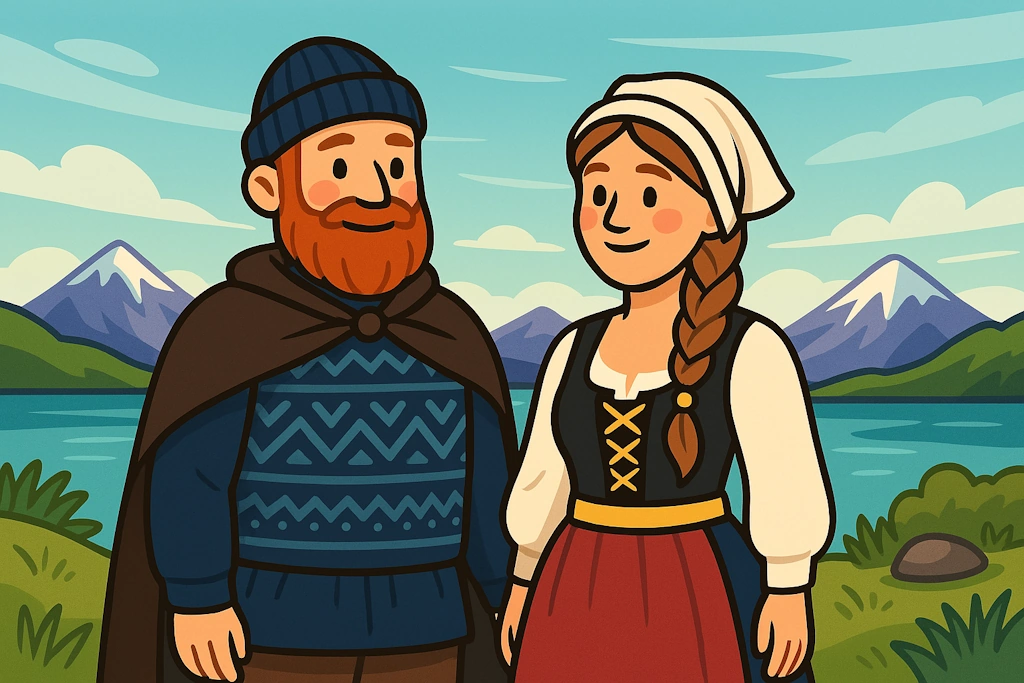🇮🇸Icelandic Names(Existing Male)
Generate authentic Icelandic names following traditional patronymic systems and Old Norse linguistic patterns.
Choose your style:

Icelandic Names
Generate authentic Icelandic names following traditional patronymic systems and Old Norse linguistic patterns.
Existing Male Icelandic NamesExisting Female Icelandic NamesMale Icelandic NamesFemale Icelandic Names
Example Icelandic Names
Get inspired by these sample results
- Björk Guðmundsdóttir
- Halldór Laxness
- Vigdís Finnbogadóttir
- Snorri Sturluson
- Gylfi Sigurðsson
- Katrín Jakobsdóttir
- Gunnar Gunnarsson
- Einar Jónsson

